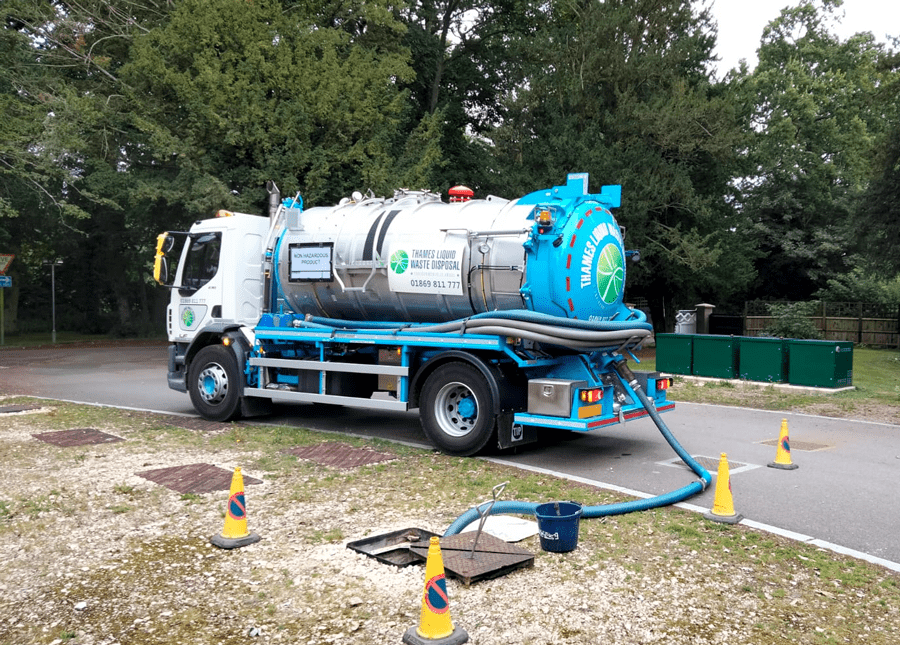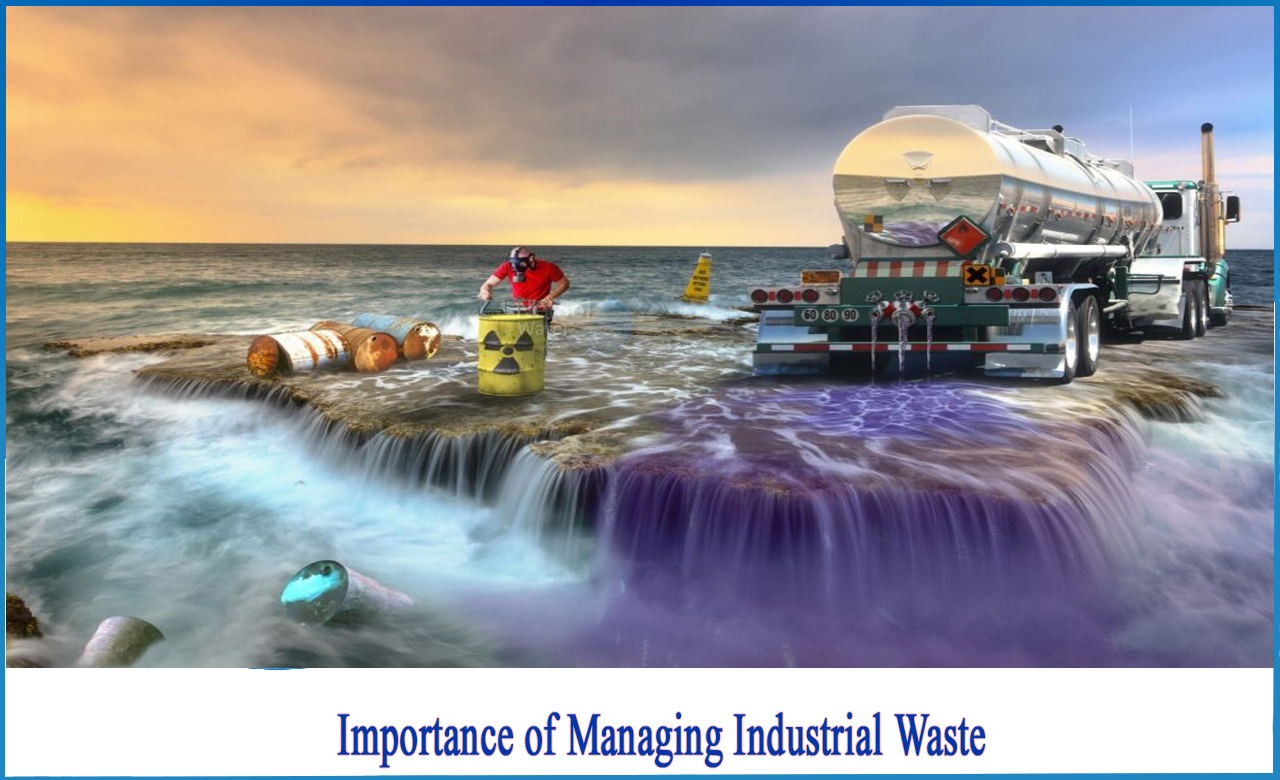What Does Reclaim Waste Do?
What Does Reclaim Waste Do?
Blog Article
The Definitive Guide for Reclaim Waste
Table of ContentsReclaim Waste Can Be Fun For AnyoneAll About Reclaim WasteThe 8-Minute Rule for Reclaim WasteThe Of Reclaim WasteThe Definitive Guide for Reclaim Waste
Explore the types, occurrences, and forms of liquid waste. Domestic sewage waste refers to the waste and products from a residential septic system. This kind of waste is produced by human beings in residences, schools, and other buildings. This only includes sewage-disposal tanks that have a drain field. The appropriate management and disposal of domestic sewage waste need liquid waste to be moved to a sewage treatment plant where the appropriate methods and devices are put on cleanse and throw away waste.
Business waste often includes prospective hazards, such as combustible products or a combination of fluid and strong waste products, and calls for a much more innovative and in-depth disposal process. The disposal of industrial waste typically entails the filtration of waste before transportation to make certain secure and correct disposal. Industrial waste is produced from byproducts and overflow of commercial processes and manufacturing.
This type of waste can not utilize the very same sewage management transport or processes as septic or business liquids. The commercial waste administration procedure requires the assessment and testing of fluid waste prior to it undertakes the disposal process (liquid waste disposal). Runoff waste is the fluid waste that comes from runoff and excess stormwater in extremely booming locations or cities
Overflow waste can cause contamination and flooding otherwise dealt with correctly. Find out more regarding drain cleaning and waste administration. Making sure appropriate waste management can avoid disasters and minimize environmental harm. Both individuals in property setups and experts in business or manufacturing sectors can benefit from understanding the processes and policies of fluid waste administration.
Reclaim Waste Can Be Fun For Anyone
Get in touch with PROS Providers today to discover our waste monitoring and disposal solutions and the appropriate methods to care for the fluid waste you create.
(https://linktr.ee/leonaube33101)This supposed 'wastewater' is not just an important source however, after therapy, will certainly be launched to our land, rivers or the sea. Made use of water from commodes, showers, bathrooms, cooking area sinks, washings and commercial procedures is known as wastewater.

water used to cool down equipment or clean plant and tools). Stormwater, a kind of wastewater, is drainage that flows from agricultural and urban areas such as roofings, parks, yards, roads, courses and gutters into stormwater drains, after rain. Stormwater streams untreated directly to neighborhood creeks or rivers, eventually getting to the ocean.
The Definitive Guide to Reclaim Waste
In Queensland, a lot of wastewater is treated at sewage therapy plants. Wastewater is transported from domestic or commercial sites via a system of sewers and pump stations, called sewerage reticulation, to a sewage therapy plant. Neighborhood governments develop, maintain and operate most sewage therapy plants. Operators are accredited under the Environmental Management Act 1994 to discharge treated wastewater at an acceptable environmental requirement into rivers.
The Division of Natural Resources encourages neighborhood federal governments regarding handling, operating and maintaining sewerage systems and treatment plants. In unsewered areas, neighborhood governments may call for owners to mount private or home sewage treatment systems to deal with domestic wastewater from toilets, kitchens, bathrooms and laundries. The Department of Natural Resources authorises making use of family systems when they are confirmed to be effective.
The majority of stormwater obtains no therapy. In some brand-new neighborhoods, treatment of some stormwater to remove clutter, sand and crushed rock has actually begun using gross toxin catches. Wastewater therapy happens in 4 stages: Eliminates strong matter. Bigger solids, such as plastics and other things incorrectly released to sewers, are eliminated when wastewater is gone through screens.
Makes use of small living organisms knows as micro-organisms to break down and get rid of remaining liquified wastes and great bits. Micro-organisms and wastes are incorporated in the sludge.
Top Guidelines Of Reclaim Waste
Nutrient elimination is not available at all sewage treatment plants since it needs costly specialized devices. It is becoming a lot more typical in Queensland. Clear fluid effluent created after therapy may still consist of disease-causing micro-organisms. If this effluent is released into waterways such as rivers or the sea, the micro-organisms will ultimately die out.

Many wastewater moves into the sewage system. Under the Act, neighborhood federal governments administer authorizations and licences for environmentally appropriate activities (ERAs) entailing wastewater releases that may have a neighborhood effect.
The Main Principles Of Reclaim Waste
Otherwise, have a peek at this website examples are taken for laboratory analysis. Usually several examinations are required to develop the levels of each of the different toxins such as oils, hefty metals and pesticides in water. Tracking gives factual information about water top quality and can validate that permit problems are being met. The info acquired with surveillance provides the basis for making water quality decisions.
Report this page